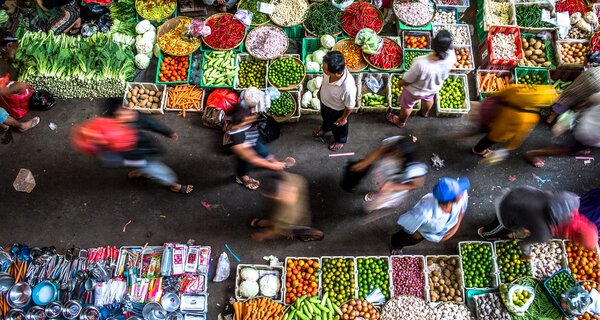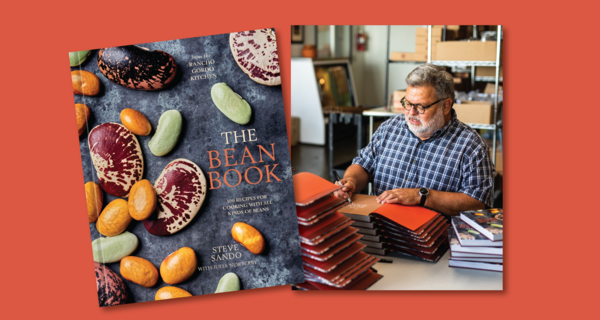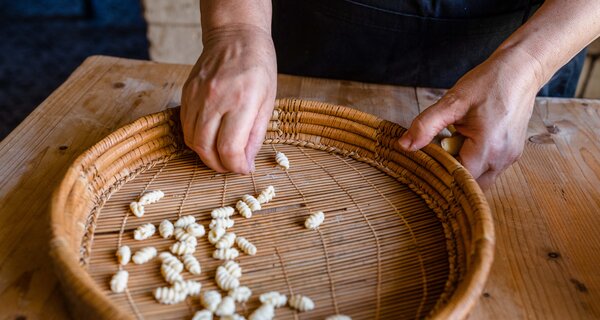Eat Food? Choose Diversity!
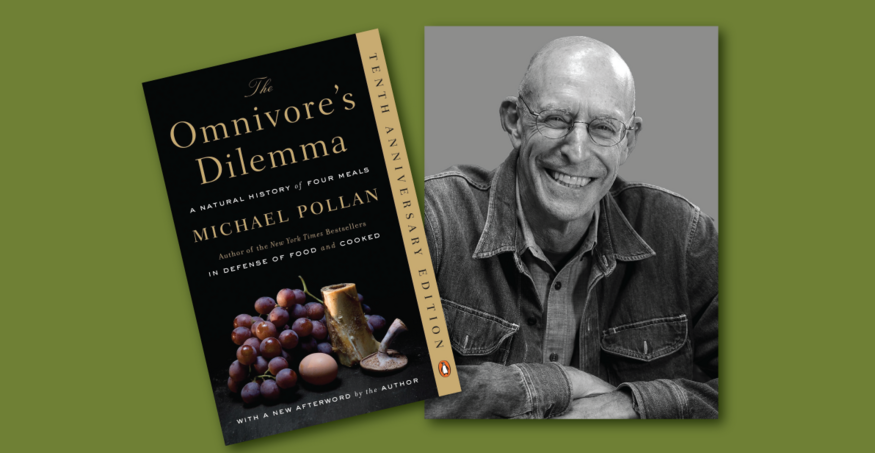
17 July 2025
Michael Pollan’s best-selling books and films raise awareness about where food in Western diets comes from, and why eating “real” food from diverse crops is so important.
Few writers have changed the way we think about food quite like Michael Pollan. For more than three decades, the journalist, author and professor has urged people to rethink what’s on their plates – and what it took to get there.
His core message is simple but powerful – Eat food. Not too much. Mostly plants. Behind those seven words lies a passionate case for crop diversity.
Pollan’s work has drawn millions of readers into the complex story of how food is grown, processed and marketed, especially in high-income countries. In books like The Omnivore’s Dilemma and In Defense of Food, he reveals how a seemingly endless array of supermarket products is often built on just a few crop species, with corn leading the way.
“The great edifice of variety and choice that is an American supermarket turns out to rest on a remarkably narrow biological foundation,” he wrote in 2006.

A woman shops at a supermarket in Lagos, Nigeria. Photo: Ninthgrid
This narrowness is not just a curiosity, it’s a warning.
Relying on a small number of crops, Pollan explains, is ecologically and nutritionally risky. By contrast, agricultural systems built on a rich variety of crops can better support ecosystems, farmers and food security.
Presenting the Problem
Throughout his career, Pollan has used books, documentaries and journalism to bring these messages to a broad audience. He helped make biodiversity in agriculture a mainstream academic concern. His vivid storytelling and accessible language have demystified ideas that were once the preserve of scientists and food policy experts.
Pollan brought this message to an even wider audience with the Netflix docuseries Cooked (2016), based on his book of the same name. In four beautifully shot episodes – Fire, Water, Air and Earth – he explores how traditional cooking methods connect us to culture, climate and the land. The series makes a compelling case for reclaiming real food and revaluing the diversity of ingredients that have sustained diets across human history.
Sharing the Solution
Importantly, Pollan doesn’t just dwell on what’s wrong. He offers a way forward, inviting readers to be part of the solution. In his writing and interviews, he frequently reminds people that they don’t need to wait for policy change to act. Choosing fresh, local and varied plant-based foods – especially ones unfamiliar or overlooked – can make a real difference. “We have options,” he said in an interview. “You can opt out of the industrial food economy.”
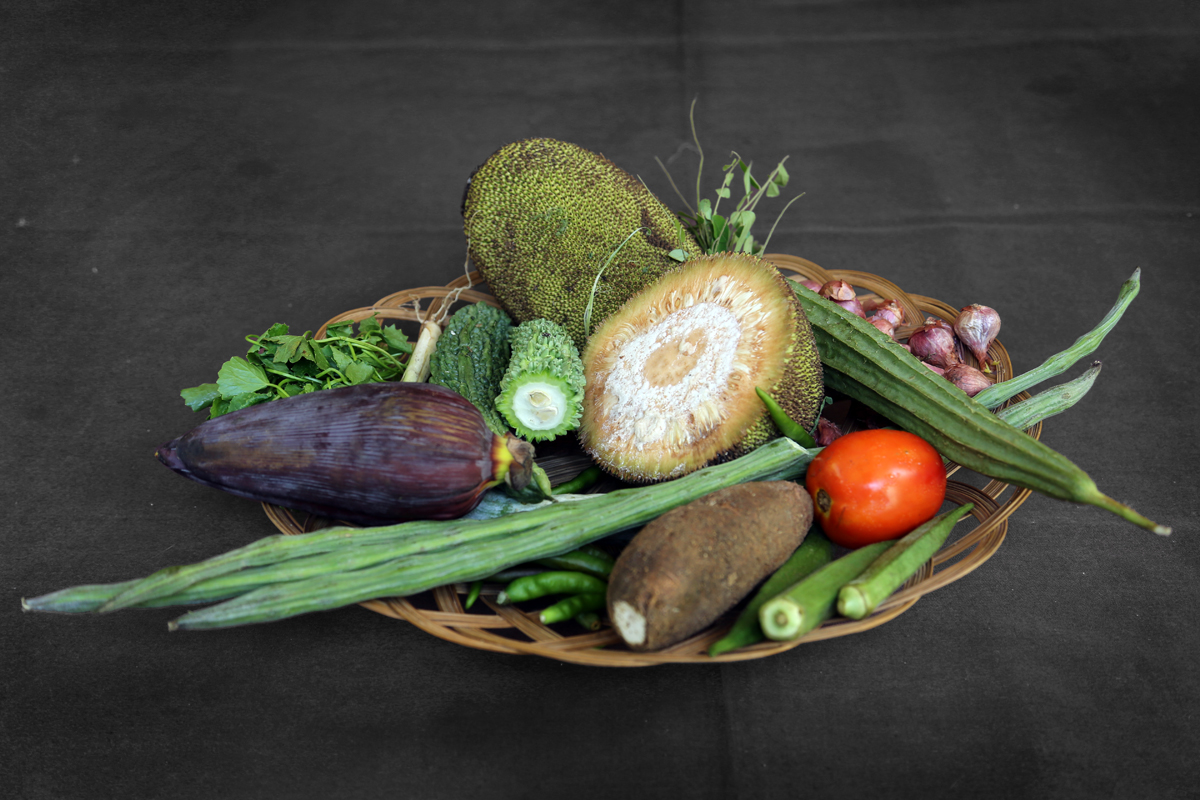
Crop diversity from a Sri Lankan market. Photo: Bioversity International/Shawn Landersz
In recent years, Pollan has gone further than encouraging individuals to act. He is now calling for systemic change, too, – particularly reforming how governments support farming. He wants agricultural subsidies and crop insurance systems to reward farmers for soil health, crop rotations and agroecological practices, rather than just yield. “We need to pay farmers not just for what they produce, but how they produce it,” he argued in 2023.
In this way, Pollan has helped shift the public conversation from food trends to food systems. He shows that crop diversity isn’t just a niche concern – it’s a foundation for sustainable agriculture and climate resilience. It’s also a matter of equity, making diverse, healthy foods accessible to all.
As climate change accelerates, and supply chains grow more vulnerable, Pollan’s long-standing warnings about the dangers of uniformity feel more urgent than ever. “As soon as you have a great many crops, you don’t have a big pest problem,” he once said. The logic holds today – more diversity means more security.
Named one of Time magazine’s 100 most influential people in 2010, Pollan remains a leading voice in shaping how societies understand the relationship between food, health and the environment. His legacy is helping us all see that every bite is a choice about the world we want to live in.
Categories: For Educators, For Partners, For Students, Food Security, Nutritional Security

